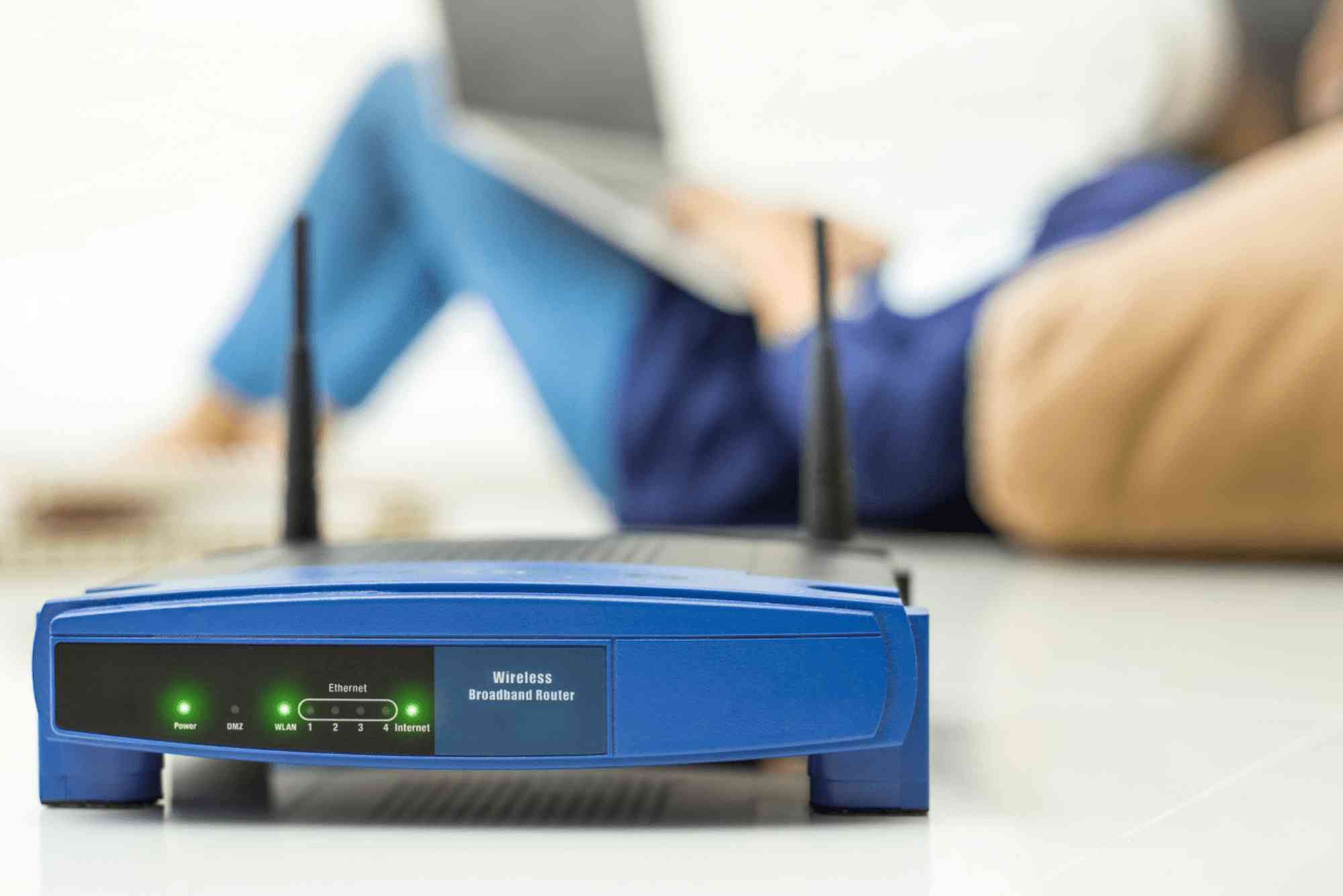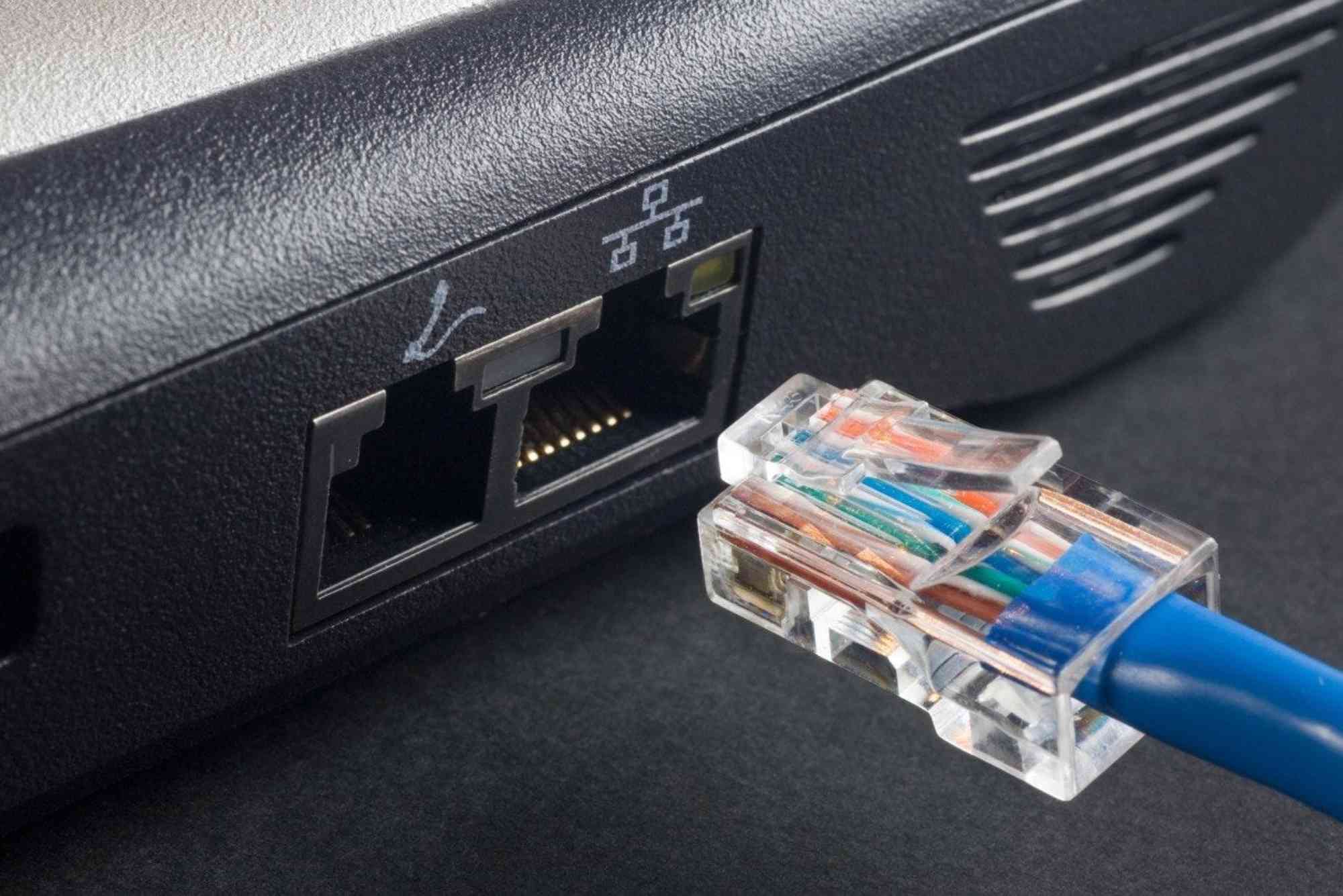Introduction
When setting up an internet connection, one of the most common questions people face is “Modem vs Router: What’s the Difference and Which Do You Need?” Both devices are essential in most homes and offices, yet their roles are often confused. A modem connects you to the internet, while a router distributes that internet connection to multiple devices. However, the distinction is more nuanced than that, and understanding it can help you make smarter choices about your home or office network setup.
In this article, we’ll break down the differences between a modem and a router, explain how they work together, and guide you on which one you actually need. By the end, you’ll have the clarity to optimize your internet setup for speed, security, and reliability.
What is a Modem?
A modem is the device responsible for bringing the internet into your home or business. It communicates directly with your Internet Service Provider (ISP) using either a coaxial cable, DSL line, or fiber connection. The modem translates signals from your ISP into data your devices can understand. Without it, there’s no way for your laptop, smartphone, or TV to access the internet.
In simple terms, the modem acts like a bridge between the global internet and your local network. If you connect a computer directly to a modem, you will get internet access, but only on that one device. This is why a modem is essential but not sufficient if you want multiple devices online at the same time.
What is a Router?
While the modem connects you to the internet, the router is the device that distributes that connection to all your gadgets. It creates a local area network (LAN) and manages the communication between your devices and the modem.
A router makes it possible for you to use Wi-Fi throughout your home or office. It assigns IP addresses, ensuring that each device on your network can communicate without interference. Modern routers also come with advanced features like parental controls, firewalls, and Quality of Service (QoS) settings that prioritize certain types of traffic.
Without a router, your internet would be restricted to a single device plugged into your modem. With it, you can enjoy seamless connectivity across smartphones, tablets, computers, gaming consoles, and smart home devices.
Modem vs Router: What’s the Difference and Which Do You Need?
At their core, the main difference is purpose. The modem provides the internet connection, while the router distributes it. Think of the modem as the doorway through which the internet enters your home, and the router as the system that sends that connection to every room.
If you only need internet for a single device, such as a desktop computer, you could technically use just a modem. However, in today’s connected world, almost every household or office requires multiple devices online at once. That’s where the router becomes indispensable.
In most cases, you need both a modem and a router. The modem ensures you’re connected to your ISP, while the router ensures that connection reaches every device in your home wirelessly or through Ethernet cables.
Do You Need a Modem, a Router, or Both?
The answer depends on how you use the internet. If your setup involves only one wired computer, a modem alone might suffice. But for most people, especially in homes with smartphones, streaming devices, and laptops, a router is equally essential.
Some ISPs provide a single device that combines both modem and router functions. These are called gateway devices. While convenient, they often lack the advanced features of standalone routers, such as stronger Wi-Fi coverage or enhanced security. For larger homes or professional needs, many users prefer having separate devices.
How Modems and Routers Work Together
When combined, the modem and router form the backbone of your internet connection. The modem communicates with the ISP and delivers the internet signal to your premises. The router then takes that signal and broadcasts it to all connected devices, either wirelessly or through wired Ethernet connections.
This teamwork ensures both connectivity and accessibility. Without a modem, you can’t access the internet at all. Without a router, your access is limited and inconvenient. Together, they provide a smooth, shared, and secure internet experience for everyone in the household or office.
Common Misconceptions About Modems and Routers
Many people believe that a router alone is enough to access the internet. This misconception arises because routers provide Wi-Fi, but Wi-Fi is not the internet itself. Without a modem feeding data from the ISP, the router has nothing to distribute.
Another common misunderstanding is that modems and routers are interchangeable. They are not. Each serves a unique function, and replacing one with the other is impossible. While combo devices exist, they still perform both functions separately within the same unit.
Factors to Consider When Choosing Modems and Routers
Choosing the right modem and router depends on your internet plan, home size, and usage habits. If your internet service provides high speeds, make sure your modem supports the latest standards like DOCSIS 3.1 for cable connections. A mismatch between modem capacity and your ISP’s speed will bottleneck your internet.
For routers, consider features like dual-band or tri-band support, which allow for stronger connections when multiple devices are online. Range also matters. If you live in a large home, a mesh router system may be more effective than a single router.
Security is another key factor. Modern routers often include built-in firewalls and automatic updates to protect your network. Given the rise in cyber threats, investing in a secure router can safeguard your data and devices.
Modem vs Router in Everyday Use
To put it in perspective, imagine your household streaming a movie, attending a video conference, and gaming online simultaneously. The modem ensures the internet is delivered to your home. The router ensures each activity gets enough bandwidth without disrupting the others.
This division of labor allows households to run multiple online activities smoothly. It also highlights why having the right router is just as important as having a reliable modem. If one is outdated, your entire internet experience suffers.
Internal Resource for Reliable Internet
If you’re looking for professional guidance and reliable solutions, Dhanote Internet Services provides expertise in internet connectivity and networking. They offer insights and services that ensure your setup runs efficiently, no matter your needs.
FAQs on Modem vs Router
Do I need both a modem and a router?
Yes, most households need both. The modem connects you to the internet, while the router shares that connection among multiple devices.
Can a router work without a modem?
No. A router alone cannot access the internet. It can only manage communication between devices within a local network.
Is Wi-Fi the same as the internet?
No. Wi-Fi is a wireless signal provided by a router. The internet comes from your ISP via a modem.
Should I buy a modem or rent from my ISP?
Buying your own modem can save money in the long run. However, renting may be easier for those who prefer maintenance handled by the ISP.
What is a modem-router combo?
A modem-router combo is a single device that performs both functions. It is convenient but may lack advanced features of standalone routers.
Understanding “Modem vs Router: What’s the Difference and Which Do You Need?” is essential for creating a smooth and reliable internet setup. The modem is the gateway that connects your home to the internet, while the router distributes that connection across your devices. In most modern households, both are indispensable.







